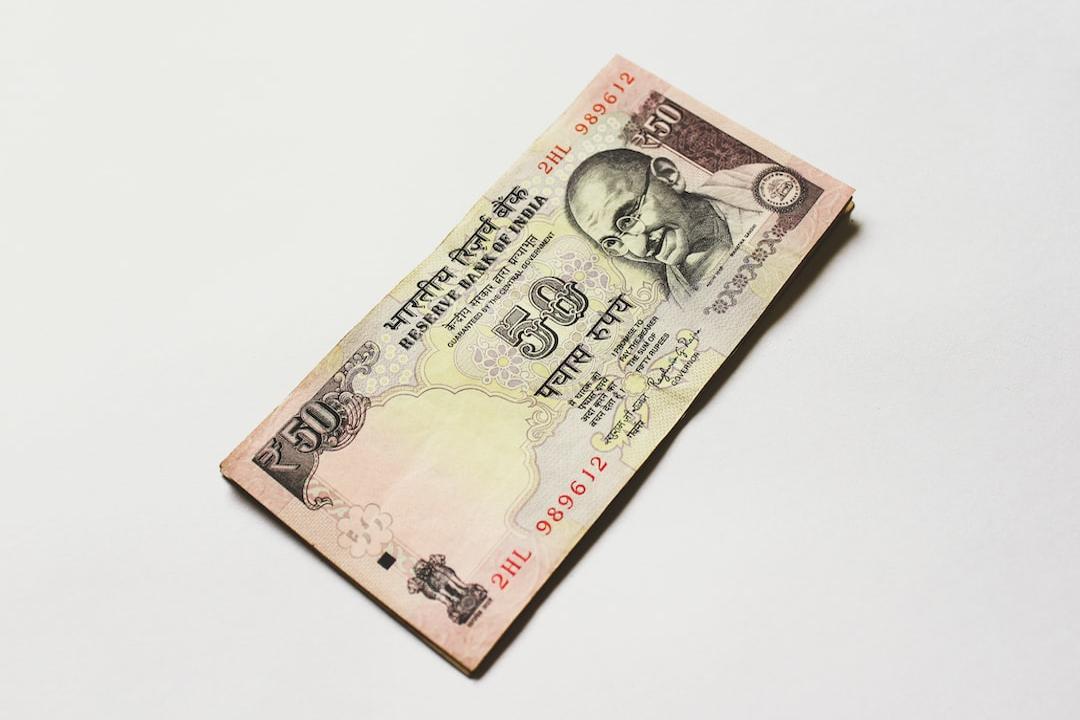After the upgrade of Cancun, OpenSea recently introduced Seaport Hooks, allowing creators to set transaction conditions for trading NFTs. The first Hooks feature officially promoted by OpenSea is the support for the long-discussed ERC721-C, to ensure that creators receive royalties they deserve.
Table of Contents:
Background: ERC721-C
Royalty rules not written in ERC721
ERC721-C: Chain up royalty rules
OpenSea will be able to use ERC721-C functionality
Seaport Hooks: Custom NFT trading plugins
Seaport Hooks will introduce ERC721-C
Since NFT royalties have never been included in the core code of ERC721 and ERC1155 standards from the beginning, royalties have mostly been distributed through contracts of NFT exchanges. However, this has led to inconsistent and chaotic royalty implementation across markets.
For example, in the past, Blur waged war against OpenSea by using optional royalty rules, and OpenSea eventually compromised and opened up optional royalty rules. However, later, Magic Eden collaborated with Yuga Labs to launch a mandatory royalty market, and so on.
The above phenomena indicate that creators or NFT contract creators do not have the authority to decide their own income.
In view of this, in May last year, the Limit Break team introduced a new NFT standard that inherits ERC721-the ERC721-C, which includes royalty rules in the NFT contract and supports more diverse settings, such as custom royalties, sharing royalties with creators, and programmable royalty rules (for example, setting the address that holds the NFT for one year to be exempt from royalties).
The most important change of ERC721-C is that when the royalty rules are written into the NFT contract, the creator’s income will not be reduced regardless of which trading market the transaction occurs in.
ERC721-C: Chain up the royalty rules of NFT to the NFT contract itself
ERC721-C and ERC1155-C are fully compatible with existing standards, allowing creators to choose their trading platforms and interact only with contracts they consider safe and useful.
OpenSea announced that creators can now set and execute ERC721-C contracts on OpenSea to ensure their creative income.
Two weeks ago, the team launched Seaport v1.6, introducing the concept of Seaport Hooks. Seaport Hooks allow creators to set conditions that need to be met before transferring their NFTs or construct other transaction modes for trading NFTs. It is somewhat similar to the Hooks mechanism of Uniswap V4. For more information, please refer to the official document.
Seaport Hooks: The NFT trading version of Uniswap Hooks.
The first Seaport Hooks promoted by the official team is to allow creators to customize fees to obtain the mandatory royalty feature of ERC721-C.
Whether or not the creator has income, the original ERC721-C contract cannot be bought and sold on OpenSea’s existing contracts. By using the functionality of Seaport Hooks, ERC721-C can be introduced to OpenSea. However, the owner of the NFT contract must set the compatibility of ERC721-C in OpenSea Creator Studio.
Why is OpenSea implementing relevant features now? Because the Seaport Hooks feature is enabled by the new code activated by the recent Ethereum network upgrade, Cancun.
Recommended reading:
What is the impact of the Cancun upgrade on users? Chainnews offline meeting Ramble Bar key summary
Reason for recommendation: The article mentions that in addition to the well-known EIP-4844, the Cancun upgrade also made changes to the underlying OPCode. Therefore, it can be understood why Uniswap Hooks and Seaport Hooks were launched recently.
Starting today, creators can make their deployed NFTs compatible with ERC721-C (if the contract allows) through OpenSea Creator Studio to obtain the mandatory royalty feature. For more information, please refer to the official document.
ERC721-C
OpenSea
Seaport
Seaport Hooks
Uniswap Hooks
Royalty

